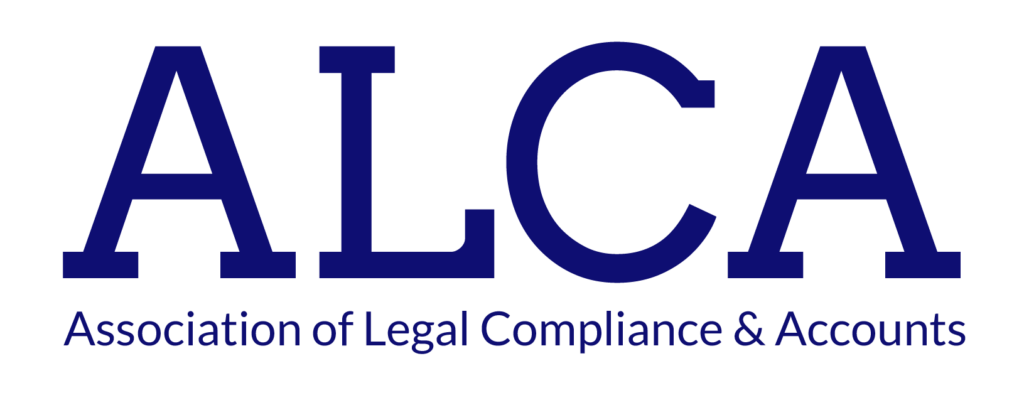Forum Replies Created
-
AuthorPosts
-
Hi Maria,
I second everything Paul has said. What Paul doesn’t know about this, isn’t worth knowing.
Darren
Hi Maria,
This is probably one of the most asked questions of all time!
As you’ve mentioned, there will be two types of costs that a legal practice can incur and pay whilst acting for a client – Disbursements and Recharges. Recharges will always attract the same VAT rate that the legal service attracts as they’re recharged overheads that the practice incurs in the course of providing service that the practice is recharging to the client.
Disbursements are slightly different in that under the VAT Act 1994 Section 47, there are two ways in which you can treat them in the accounts depending on who the supplier’s invoice is addressed to; the Principal Method for VAT and the Agency Method for VAT.
Principal Method – invoice will be addressed to the practice, allowing the practice to process net, reclaim the VAT and then bill to the client net plus VAT. This results in VAT neutral. When using this method, firms must not claim input VAT before it’s account for the relevant output VAT. HMRC must not be out of pocket at quarter end.
Agency Method – invoice will be addressed to the client, allowing the practice to process gross and outside the scope of VAT entirely.
There is a concession for law firms only with regard to the Principal Method in that the firm can readdress the invoice in the name and address of the client if the supplier agrees.
We host a 1 hour online workshop on this complex area of VAT law:
Hope this helps.
Darren
If it’s a non-corporate credit/debit card, then no.
This was banned 13th Jan 2018.
However, you can pass on the cost if it’s a business credit/debit card.
Hope this helps.
Hi James,
100% agree with Rob. The SRA confirmed the position in that the cost can be passed on.
Cheers
Darren
-
AuthorPosts
